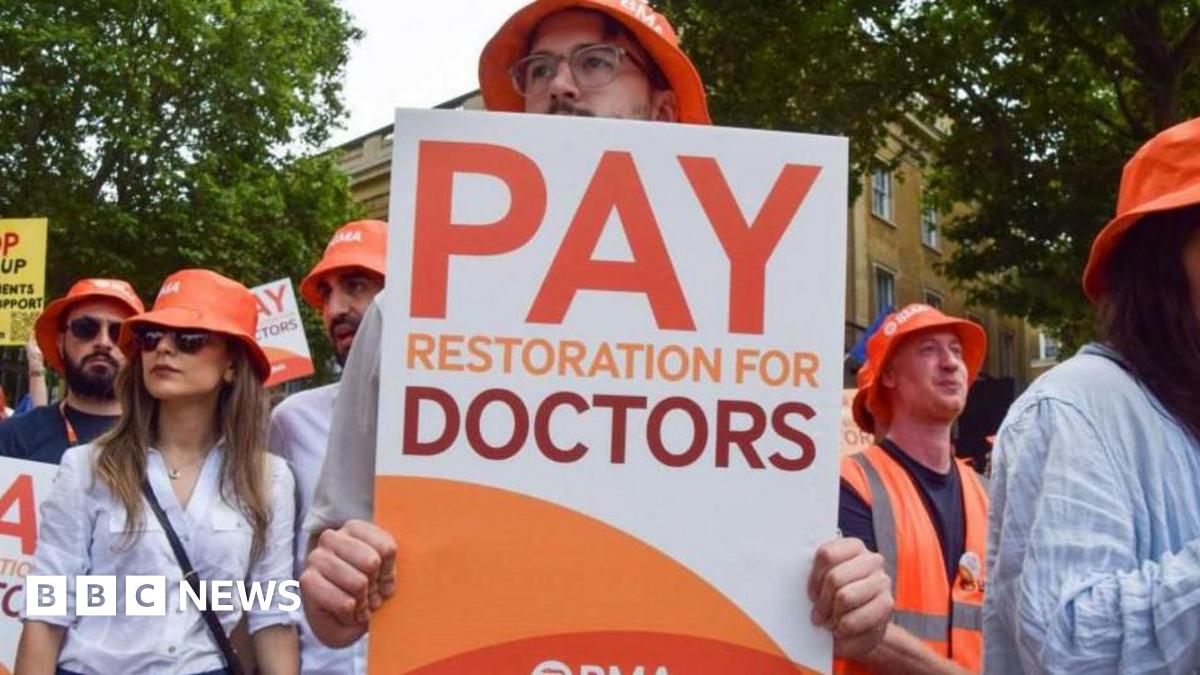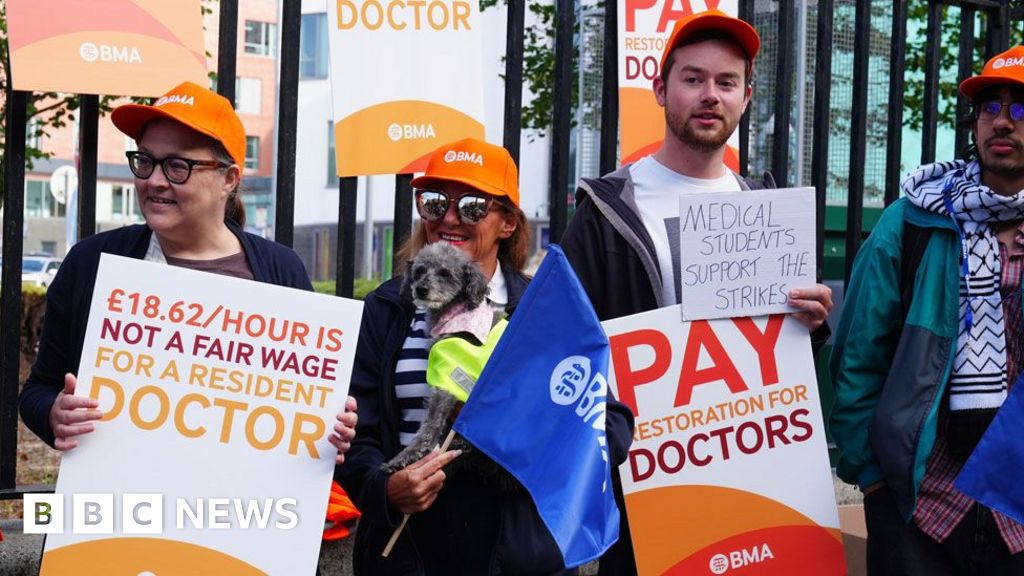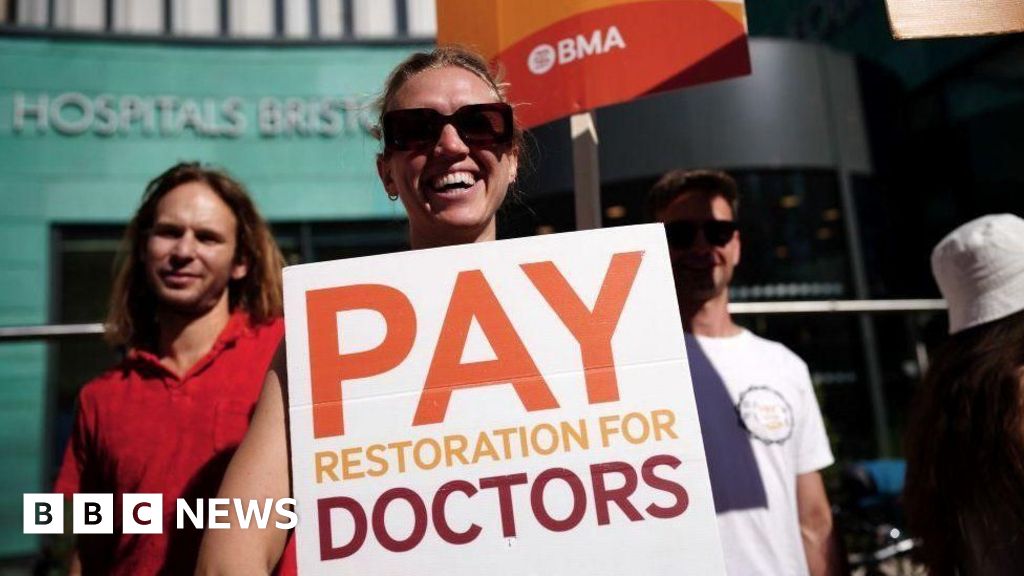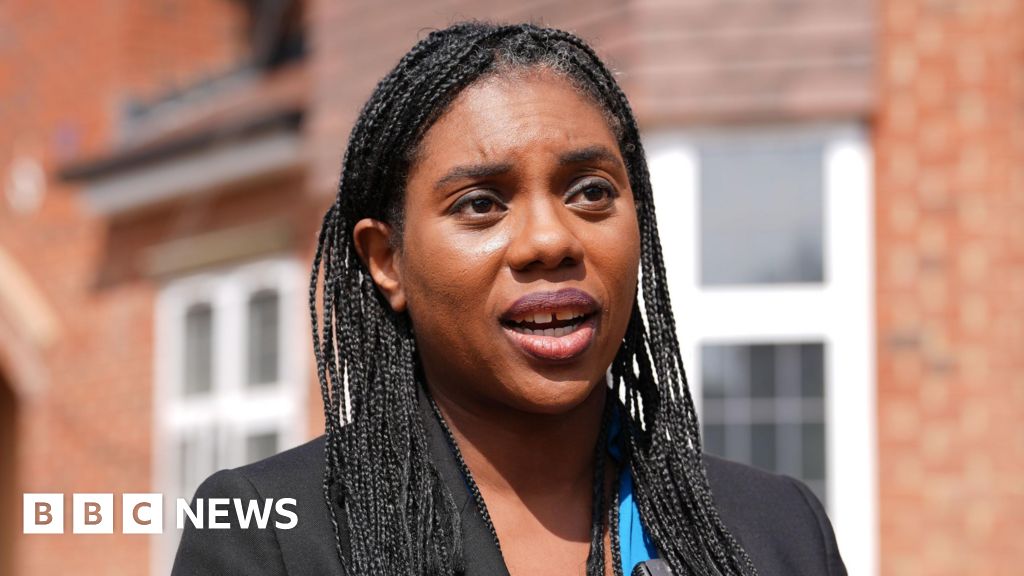T4K3.news
Resident doctors begin five-day strike
Hospitals urged to limit non-urgent procedures amid patient safety concerns.

Hospitals are advised to limit non-urgent procedures amid a five-day doctors' strike.
Disruption expected as resident doctor strike begins
A five-day strike by resident doctors has begun, prompting hospitals to cancel non-urgent procedures only in exceptional circumstances. Previous strikes in March 2023 resulted in over one million canceled appointments. While some hospitals are hoping to maintain a full schedule by prioritizing emergency and some non-urgent care, NHS sources indicate there may still be significant disruption. NHS England director Prof Meghana Pandit emphasized the importance of minimizing cancellations due to the lengthy wait times patients face for routine surgeries. She warned, however, that some level of disruption is unavoidable, urging patients to seek care when needed. The strike affects hospitals mainly but may also impact GP practices. Patients like Hassnain Shahid find the cancellations frustrating, particularly when health concerns are urgent. Meanwhile, the British Medical Association cautions that the new approach could endanger patient safety by overextending staff, urging for a return to more drastic measures in handling non-urgent care.
Key Takeaways
"It's really important to reduce cancellations because people have been waiting."
Prof. Meghana Pandit emphasizes the waiting time for patients needing routine procedures.
"It's been an emotional rollercoaster. It's very frustrating."
Hassnain Shahid shares the emotional impact of having his daughter's surgery canceled.
"We’ve learned lessons from the past strikes - this one will feel very different."
NHS sources express hope for managing disruptions better this time.
"The BMA warns that staff could be stretched too thinly, risking safety."
Concerns are raised by the British Medical Association about the current approach to staffing during the strike.
The impact of this strike reflects deep-rooted tensions in the healthcare system, primarily around staffing and patient care priorities. As hospitals navigate this challenging landscape, the decision to continue non-urgent procedures could place both patients and medical professionals in precarious positions. Critics argue that, while maintaining access to healthcare is crucial, the strain on limited resources could lead to detrimental outcomes. Such strikes underline the overarching need for sustainable workforce solutions in the NHS.
Highlights
- Strikes put patient care on a precarious edge.
- Emotional toll mounts as surgeries face cancellations.
- Expecting continuity during a strike is a risky gamble.
- Balancing urgent care and staff safety is a tightrope act.
Concerns over patient safety amid doctor strike
The ongoing resident doctors' strike raises risks regarding patient care and safety due to potential understaffing and overextension of remaining staff. The British Medical Association has expressed serious concerns about the impact of the approach taken by hospitals during this period.
As the strike unfolds, the real test will be balancing patient needs with the realities of a stretched healthcare system.
Enjoyed this? Let your friends know!
Related News

Resident doctors in England begin five-day strike

NHS faces challenges as doctor strike begins

Doctors in England to strike for five days beginning Friday

Medical Colleges urge doctors to inform hospitals about strike plans

Badenoch proposes strike ban for NHS doctors

Wes Streeting warns doctors cannot win against the government

Fewer resident doctors on strike during NHS stoppage
Doctors in England strike over pay dispute
